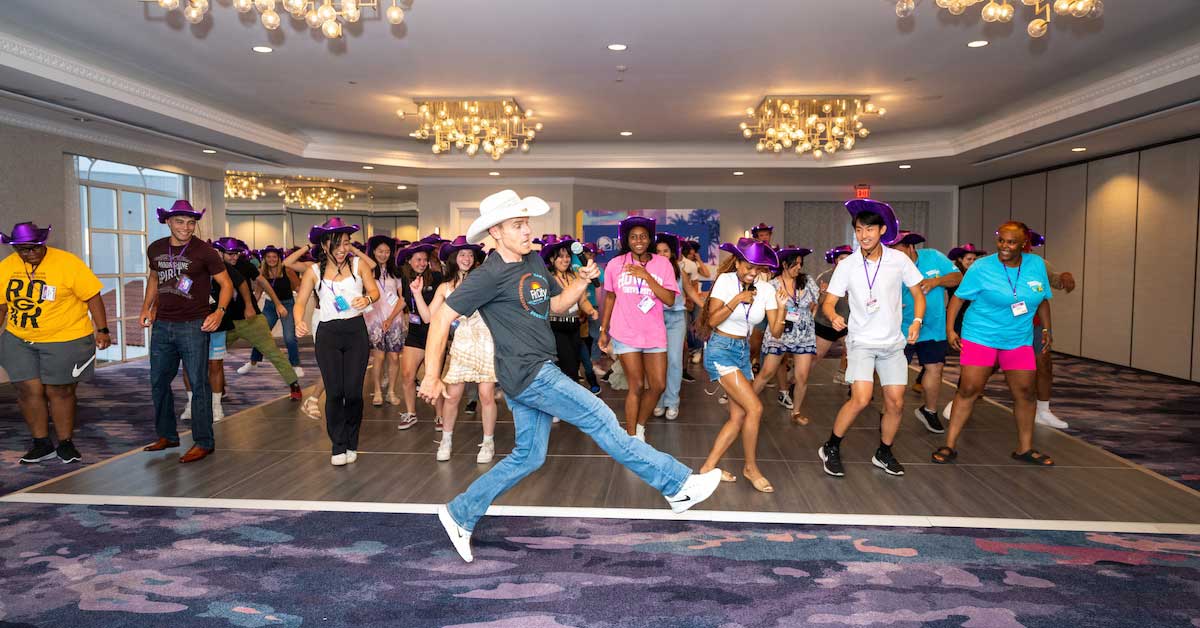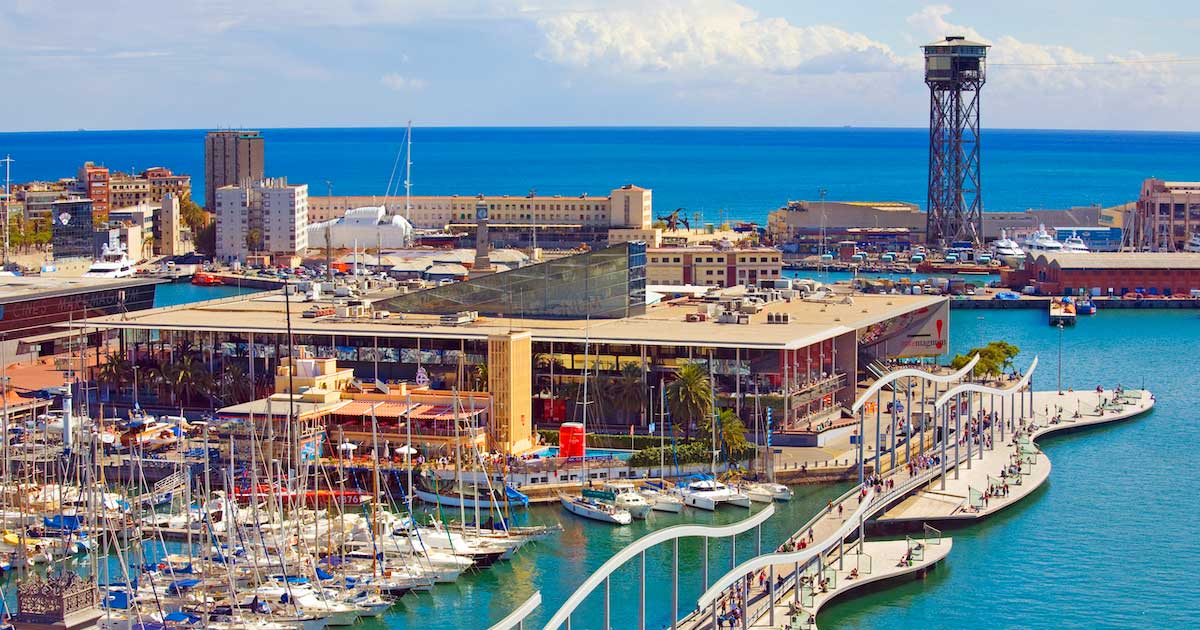During MPI’s European Meetings & Events Conference (EMEC), 26-28 March in Brighton, U.K., attendees can participate in an interactive, community-focused brainstorming workshop, learning the theory behind building and maintaining communities, working on their own community skill set and accessing a new toolbox to help them succeed.
The workshop—“Communiteering: Torch Bearing for a Greater Community”—will be led by Anne Thougaard, founder of EventAnne, and Svend Dalgaard, founder of Conference Cruises, and spoke with them about the importance of community, why community engagement sometimes fails and the characteristics of a successful community.
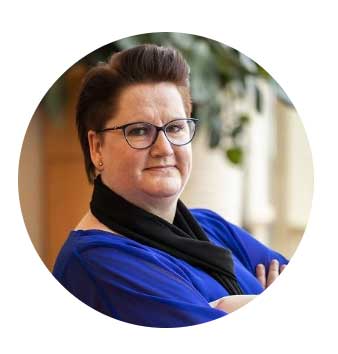
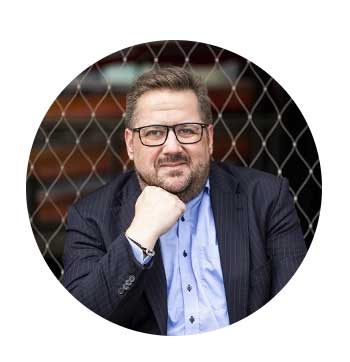
Why is it important for meeting professionals to focus on community building?
It’s important for meeting professionals to focus on community building because a strong community can provide numerous benefits such as increased engagement, loyalty and advocacy.
For the meeting professional personally, being part of a community—such as MPI—provides a safe and supportive environment for members to learn from one another and exchange ideas.
In the context of events that we as meeting professionals design, creating a community around the event will also lead to higher attendance rates and a more memorable experience for attendees.
Successful communities are characterized by a sense of belonging and ownership among members, active participation and collaboration and mutual respect and support. And MPI is a prime example of a successful community, with many active subcommunities, each with its own unique interest area and dedicated community of members. Volunteer moderators often manage these communities, and their passion ensures the community stays true to its purpose and values.

Can you give an example for when/why we sometimes fail to engage our communities?
We sometimes fail to engage our communities when we don’t understand their needs and interests, or when we don’t provide opportunities for members to actively participate and contribute to the community.
Additionally, lack of communication or feedback can hinder engagement, as members may not feel heard or valued.
Lastly, a community is an ongoing ecosystem: You have to sow the seed and nurture it into a thriving plant. You cannot build a strong community by only sowing the seed and leaving it at that. It takes continuous care.
Can you share an example of a successful community and some of its traits?
One of the best-known examples is sports fan clubs. The members of one of these fan clubs feel a sense of belonging and ownership, where there is active participation and collaboration, and where there is mutual respect and support, as mentioned before.
In the realms of our own world, MPI is great example with our many chapters driven by volunteers who are passionate about their work. They team up to ensure that the community stays true to its purpose and values, and that members are invested in making their community the best it can be.
“Successful communities are characterized by a sense of belonging and ownership among members, active participation and collaboration and mutual respect and support.”
Why is community development important to you on a personal level?
Community development is important to us because we believe that building strong, supportive communities has a positive impact on its members and its environment.
When community members connect and learn from one another, it leads to personal growth and development—in general as well as for us! We have both enjoyed belonging to communities where we have had the opportunity to pay forward the experiences and possibilities we have gained.
What do you hope attendees will take away from your session at EMEC Brighton?
The aim of our session at EMEC Brighton is to provide attendees with both theory and practical tools for community building and engagement, as well as a deeper understanding of the importance of community development in the context of events and beyond.
We hope to inspire attendees to think creatively and collaboratively about how they can foster a sense of community and create meaningful experiences for their members.
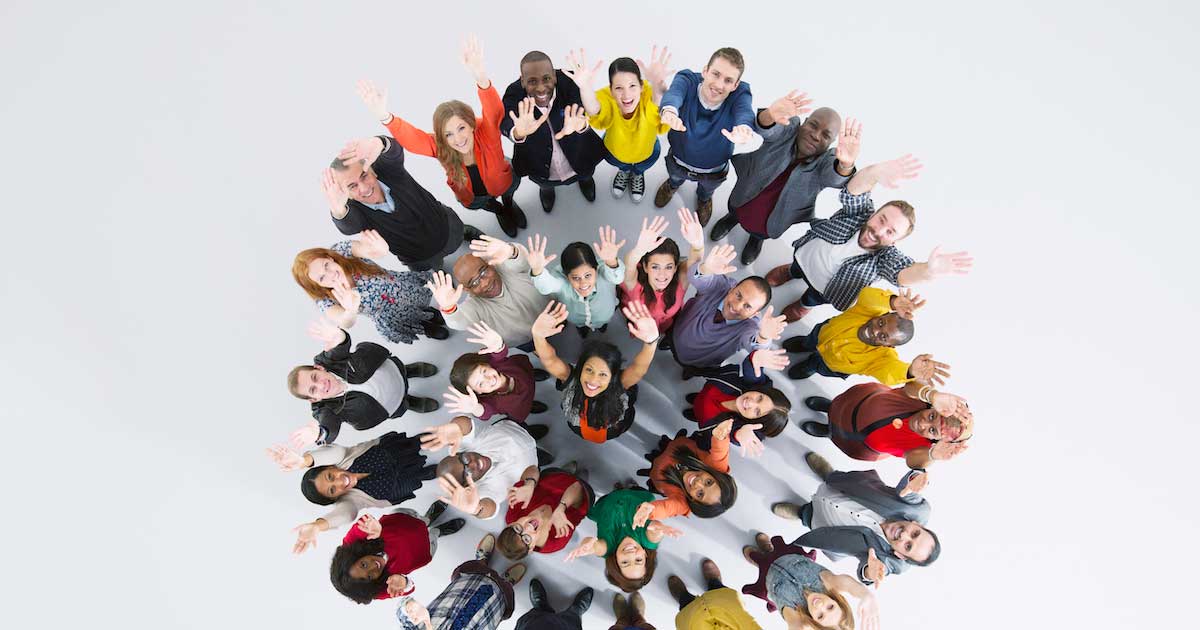

.jpg?sfvrsn=96553155_1)
